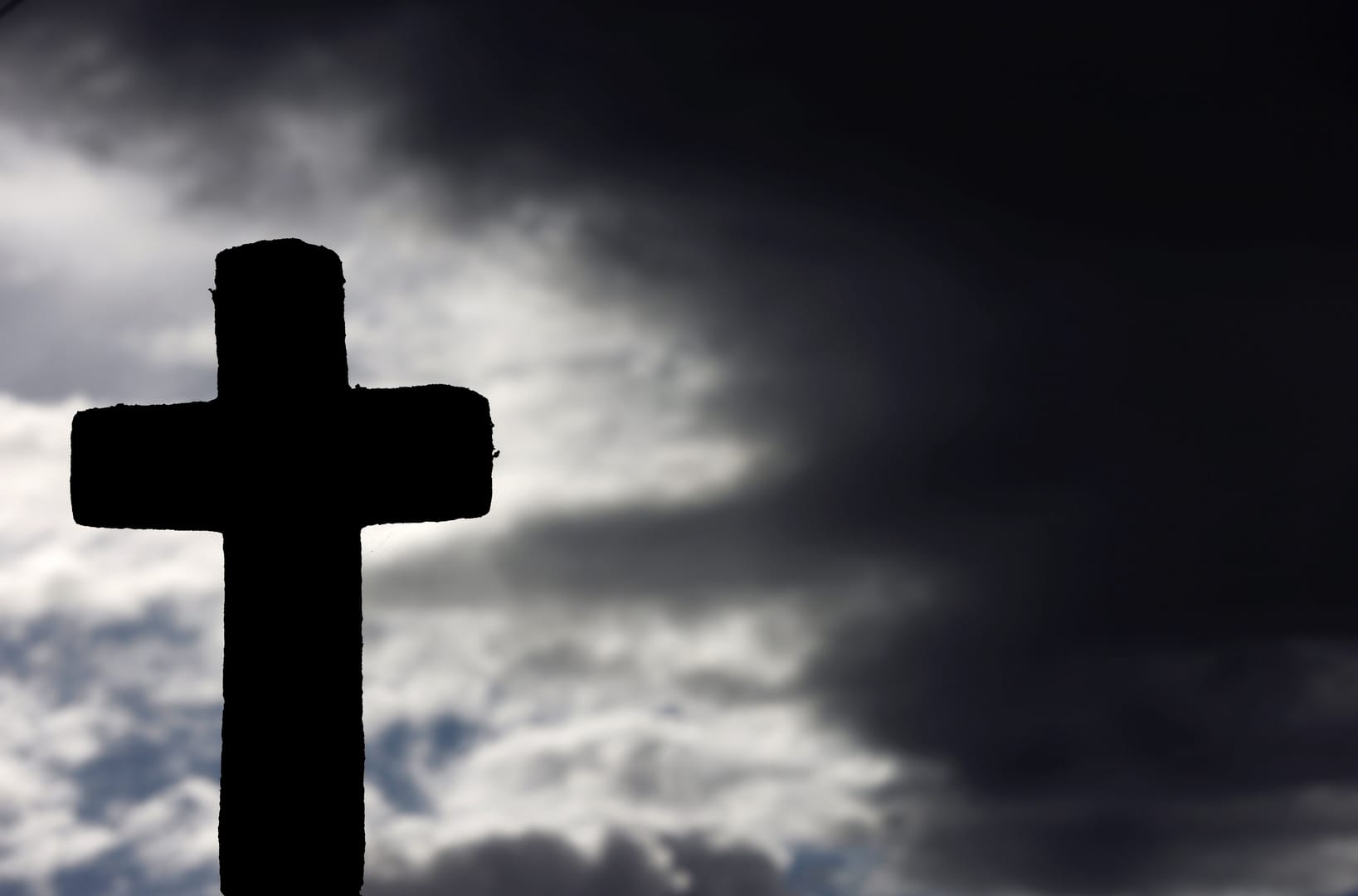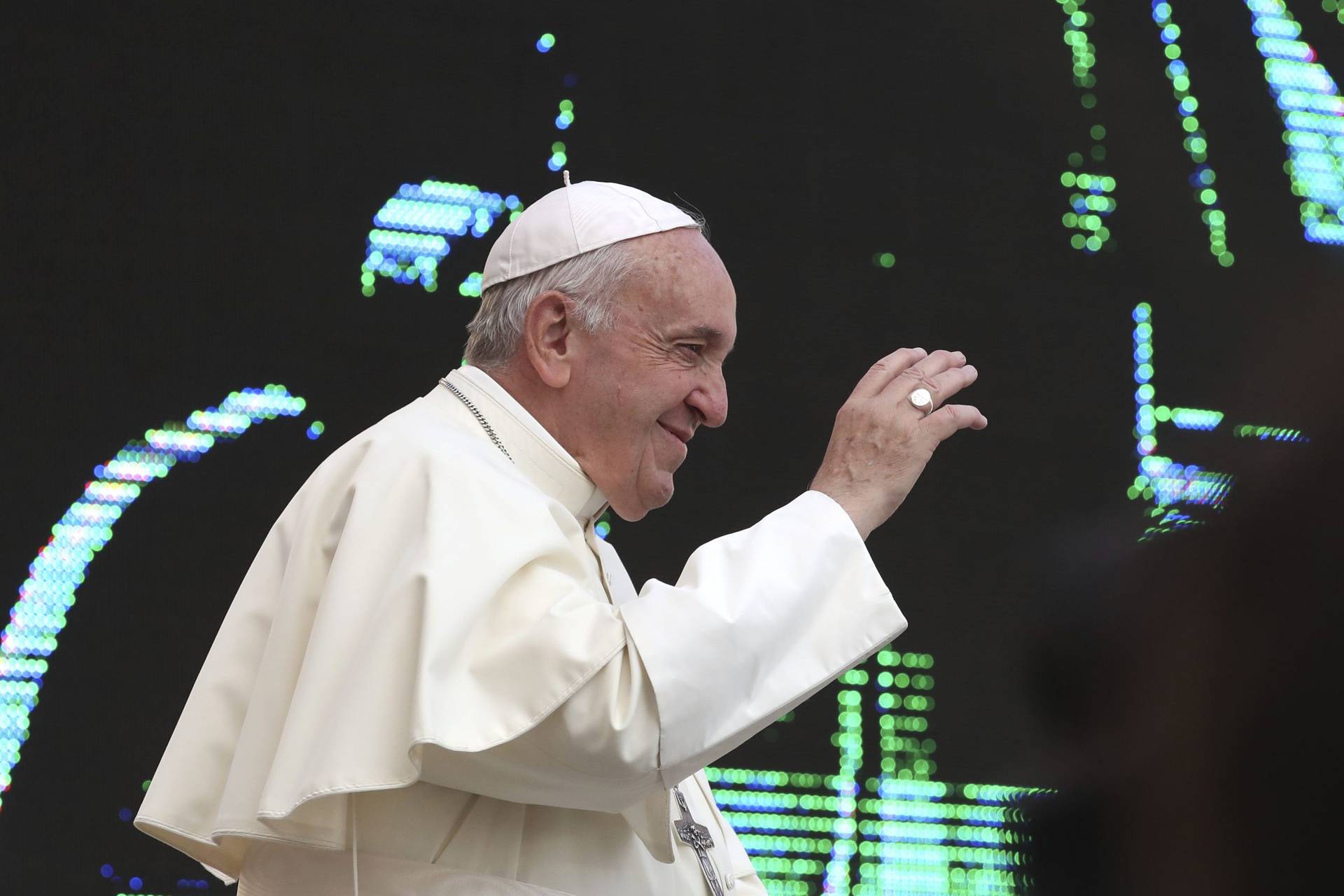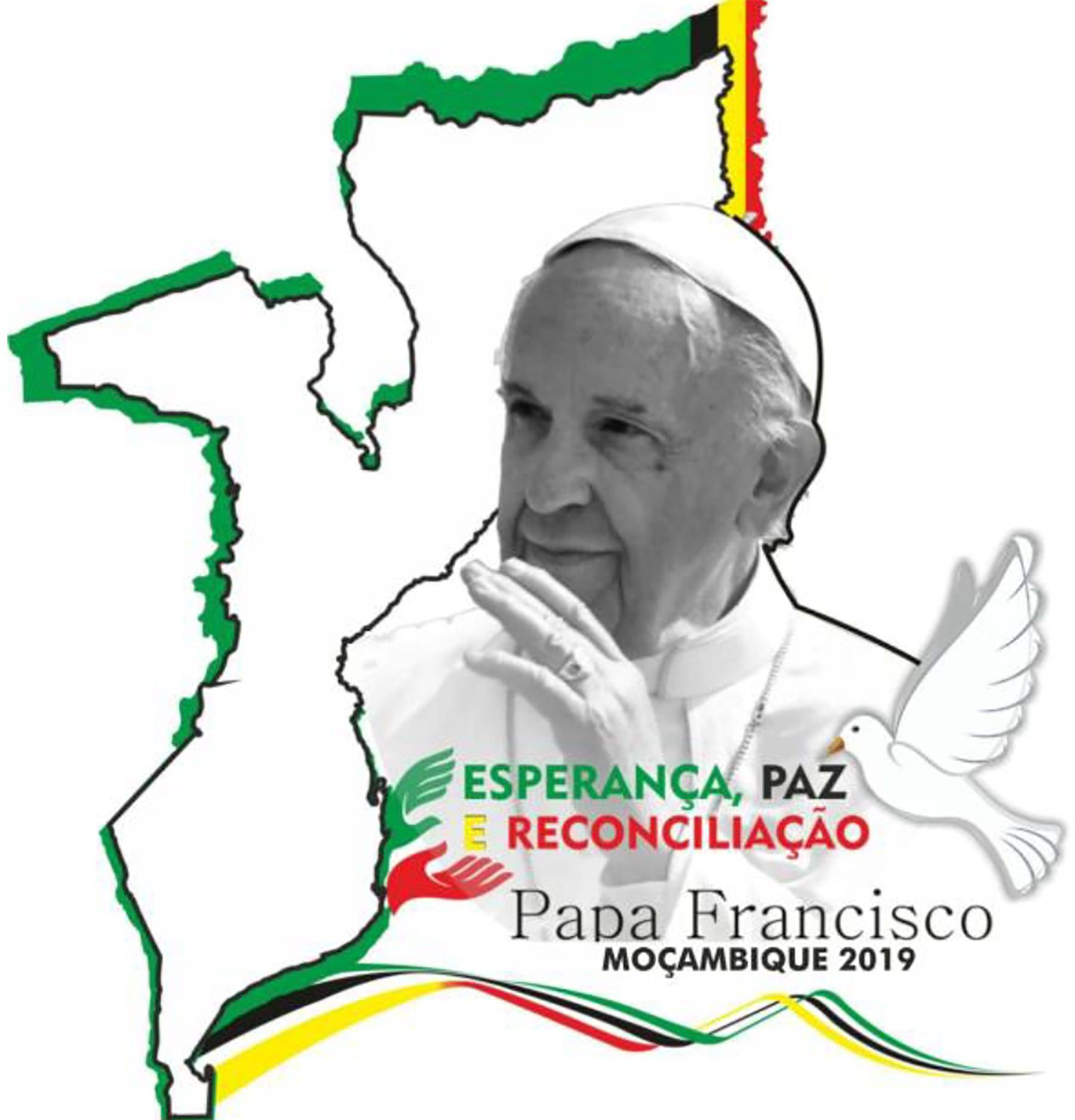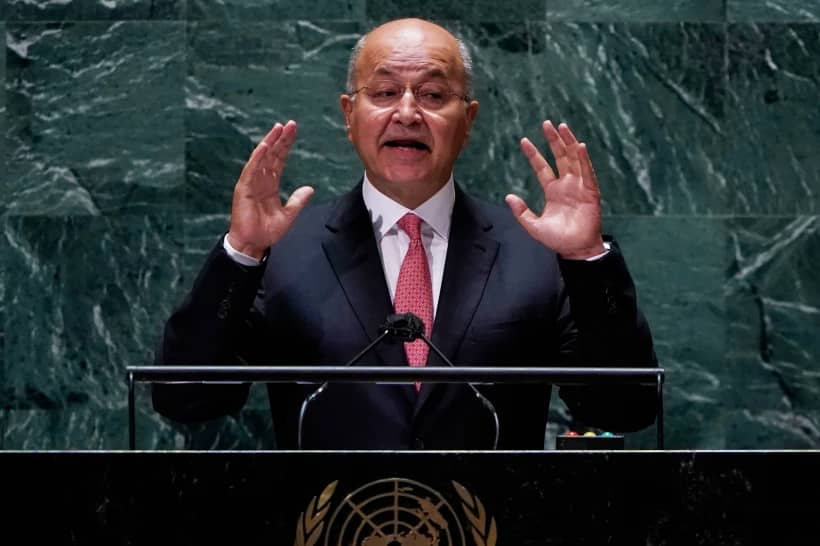HAVANA – Pope Francis hasn’t had a tremendous amount to say so far on the subject of religious freedom during a stop in Cuba before his Sept. 22-27 visit to the United States, but what little he has said suggests an intriguing possibility for Americans.
In brief, Francis’ approach hints that he could help reframe the politics of the religious freedom debate in the United States in two key ways:
- By making it seem a cause with appeal to both left and right.
- By suggesting that Catholic concern with religious freedom has a broad scope beyond hot-button matters such as contraception, abortion, and gay marriage.
Religious freedom is a natural subject for any pope to raise in Cuba, an officially Socialist state where church/state relations have long been rocky. (As a fellow journalist traveling with the pontiff put it, one way of understanding Cuba is to think of it as East Germany with beaches.)
In his address at Havana’s airport upon arrival Saturday, Francis offered a veiled reference to the limitations that Cuban religious believers and religious groups experience, such as surveillance and harassment by security services and workplace discrimination.
The pontiff urged the Church to “continue to support and encourage the Cuban people in its hopes and concerns,” and then expressed hope that it will enjoy “the freedom, the means, and the space needed to bring the proclamation of the Kingdom to the existential peripheries of society.”
Commenting on that line later in the evening, the Vatican spokesman, the Rev. Federico Lombardi, said it reflects an expansive notion of what religious freedom is all about.
“The idea of religious freedom the pope talks about, in the name of the Church and [other] religions, is not only freedom of cult,” he said, referring to freedom to worship in the manner one chooses.
For Pope Francis, Lombardi said, religious freedom also “includes the possibility of [the Church] actively expressing in society its mission of charity.”
“The Church wants to have an active, positive, and constructive presence for the common good,” Lombardi said.
In a nutshell, that’s precisely the argument that the Catholic bishops of the United States and other religious groups have been trying to make to the Obama administration vis-à-vis the contraception mandates imposed as part of health care reform.
The argument goes that religious freedom doesn’t just mean the government not picking the hymns a congregation will sing on Sundays. It means allowing faith-based groups to be both true to their beliefs and also active players in public life, on the grounds that it’s good for society when people of faith are able to apply their values in concrete acts of service.
It’s a compelling argument, but when put forward by the US Catholic hierarchy, it often gets bogged down politically on two levels.
First, many observers believe that the American bishops over the last couple of decades have moved steadily to the political right, and some believe they’ve been on the brink of a de facto alliance with the Republican Party. Whether that perception is accurate isn’t the point – it’s out there.
In that context, some on the American left can’t help suspecting that their rhetoric on religious freedom is a smokescreen, and what the bishops really want is to advance the interests of their political patrons.
If Francis makes a pitch for religious freedom while he’s in the United States, it would be difficult to write off his appeal in quite the same way. Whatever else one might say of him, nobody sees this populist Latin American pontiff as a Republican stooge.
Second, it’s a standard complaint both among progressive Catholics and in secular opinion that the defining religious freedom issues in American debates generally involve sexual morality – above all, contraception, abortion, and homosexuality.
If they don’t share traditional Catholic beliefs on those issues, it can be hard for some Americans to feel much passion for the religious freedom cause.
In that context, Francis’ line about giving the Church freedom and space to bring the Gospel to the “existential peripheries of society” is potentially a game-changer.
Defending the sanctity of human life is certainly part of that vision – after all, Francis took two swipes at abortion on Sunday night in the space of little more than an hour, in completely extemporaneous remarks to priests, religious, and seminarians, as well as to young people.
Yet when he calls for the Church to be free to go to the margins, he has something broader in mind. It also appears to include defending the poor and the environment, caring for migrants and refugees, and providing education and health care and other social services – especially in places that governments and NGOs can’t, or won’t, reach.
Those are causes that could potentially help the push for religious liberty transcend the divisions often associated with the wars of culture.
It remains to be seen whether religious freedom will be part of the pope’s message in the United States, and how much emphasis he gives it. If Francis does make a push, the impact could extend far beyond the fate of the contraception mandates.
Francis could offer Americans a different way of thinking about the issue, potentially giving people on all sides in the United States a reason to feel invested in preserving the Church’s “freedom, means, and space.”














